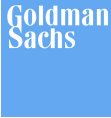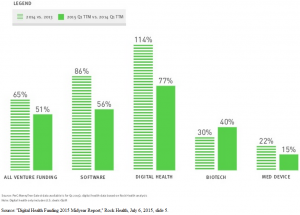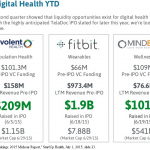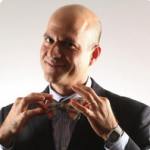Blurring Boundaries Between Biotech, Digital Health, Patient Care Show Need For Regulatory Reform
 (A version of this Health Alert was published by Forbes on July 29, 2015.)
(A version of this Health Alert was published by Forbes on July 29, 2015.)
When was the last time a billionaire entrepreneur en route to New York to raise a couple of hundred million dollars for biotech company stopped in Washington, DC to spend the afternoon in a panel discussion advocating the need for fundamental reform of the Food and Drug Administration?
Patrick Soon-Shiong, MD, founder of the NantWorks group pf companies, did just that on Monday afternoon. At the event, the Bipartisan Policy Center launched a report on advancing medical innovation in America. Written by a team led by former U.S. Senate Majority Leader Bill Frist, MD, and former Representative Bart Gordon, the report seeks support for a number of steps to reform regulatory processes and reduce the cost of medical innovation.










